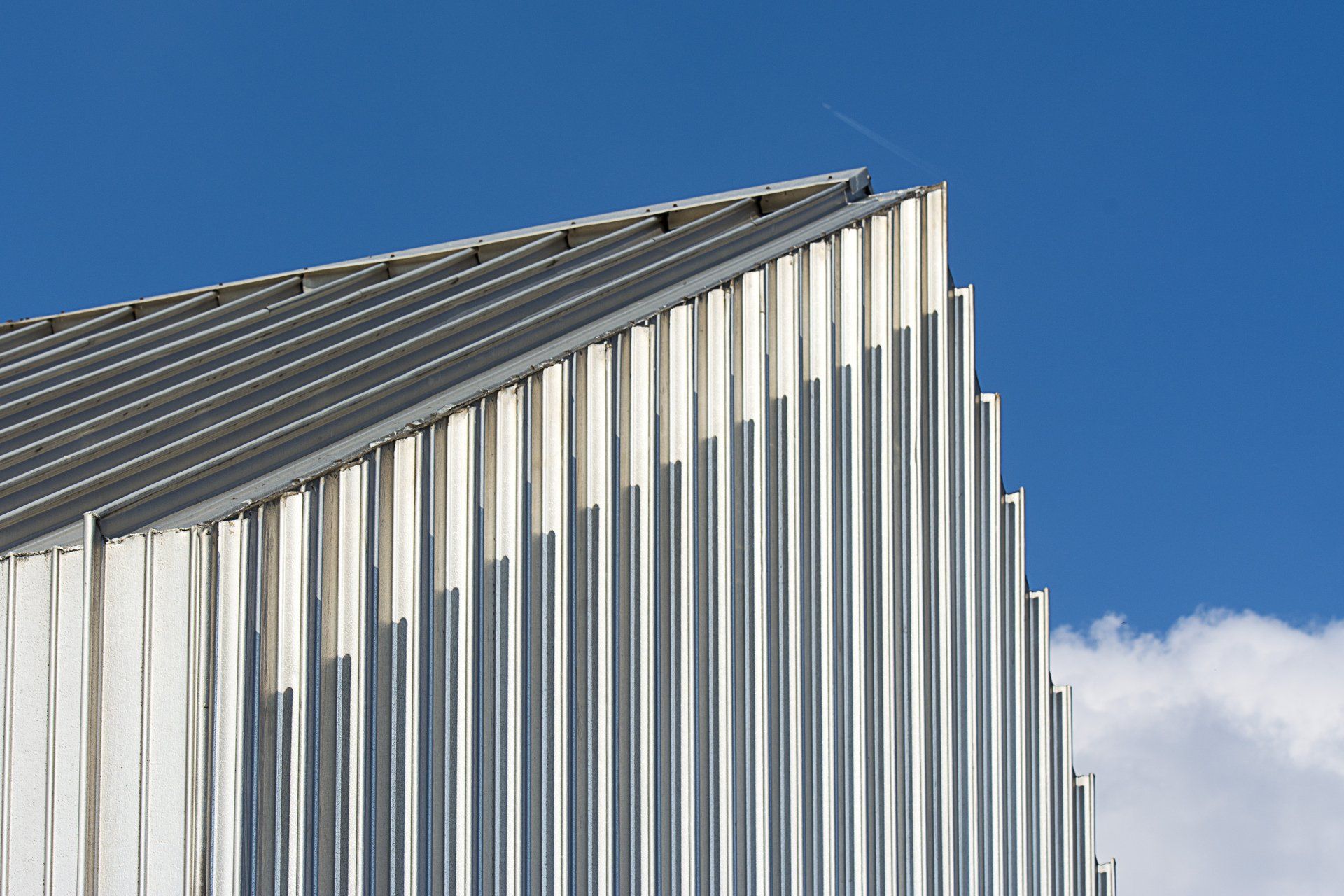There are many misconceptions about metal roofs, but we're here to set the record straight. Let’s separate fact from fiction.
Understanding Metal Roofing Misconceptions
Metal roofing has come a long way in recent years, offering long-lasting strength, energy efficiency, and a modern look. Despite its growing popularity, there are still several misconceptions that prevent homeowners from making the switch to a metal roof. These myths can cause unnecessary fear or hesitation when considering this long-lasting roofing solution. In this article, we’ll debunk the most common myths about metal roofs, setting the record straight once and for all.
Myth 1: Metal Roofs Are Noisy
One of the most persistent myths about metal roofing is that it’s noisy when it rains or hails. While it's true that metal can sound louder than traditional asphalt shingles under extreme conditions, modern metal roofs are designed with insulation and soundproofing materials to reduce noise. In fact, a metal roof can be just as quiet as any other roofing material, especially when installed with proper insulation and underlayment.
The truth: A well-installed metal roof is quiet and does not create any more noise than traditional roofing materials.
Myth 2: Metal Roofs Attract Lightning
Another misconception is that metal roofs are more likely to attract lightning. However, metal does not attract lightning. Lightning strikes are drawn to the highest point of a structure, regardless of the material. A metal roof actually has no impact on the likelihood of a lightning strike. In fact, when lightning does strike, the metal roof helps to conduct the electrical charge safely to the ground, making it a safer option than other roofing materials.
The truth: Metal roofs do not attract lightning. They’re safe and help to conduct the charge safely when lightning strikes.
Myth 3: Metal Roofs Rust Easily
Many people believe that metal roofs rust quickly and need frequent replacement. While metal roofs were once prone to rusting, modern coatings and materials have made them highly resistant to corrosion. Many metal roofing systems use aluminum, steel with a galvanized coating, or special finishes that prevent rust. Additionally, metal roofs are designed to withstand harsh weather conditions for many years without deteriorating.
The truth: With proper coatings, modern metal roofs are rust-resistant and can last for decades without showing signs of corrosion.
Myth 4: Metal Roofs Are Too Heavy
Another misconception is that metal roofs are too heavy for homes and structures. In fact, metal roofing is often lighter than traditional roofing materials like clay tiles or asphalt shingles. This makes metal roofs an excellent choice for a variety of building types, including older homes that may not have the structural capacity for heavier materials. Moreover, the lightweight nature of metal roofing makes it easier to handle and install.
The truth: Metal roofs are lighter than many other roofing materials and do not impose excessive weight on your home’s structure.
Setting the Record Straight
As we’ve seen, there are a number of myths surrounding metal roofing. However, these misconceptions are far from the truth. Metal roofs offer numerous benefits, including durability, energy efficiency, and safety. By debunking these myths, we hope to help you make an informed decision about whether a metal roof is right for your home.
If you’re considering installing a metal roof or need more information, don’t hesitate to contact Weathercraft Metal Roofing. We’ll provide expert advice and professional installation to ensure your new roof performs as expected for years to come.
